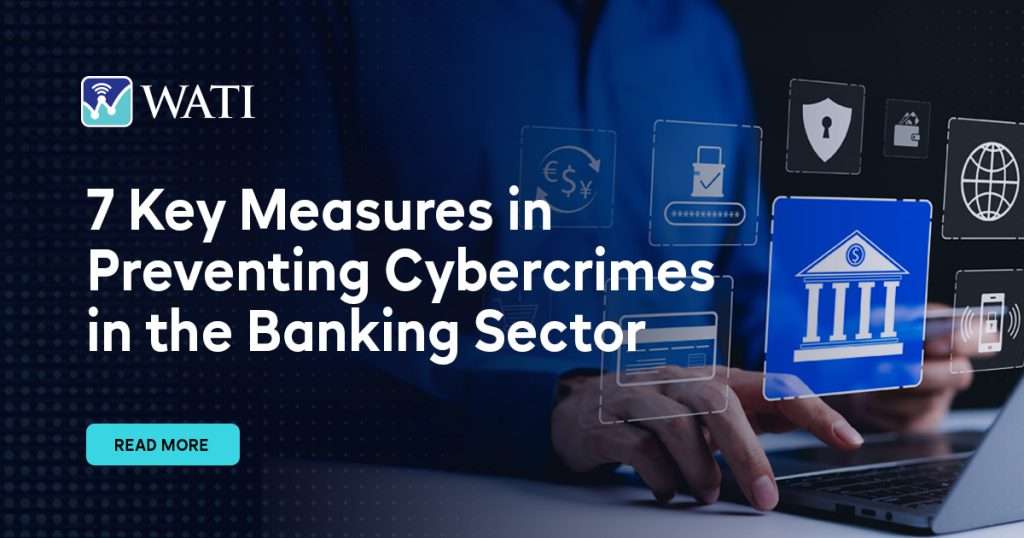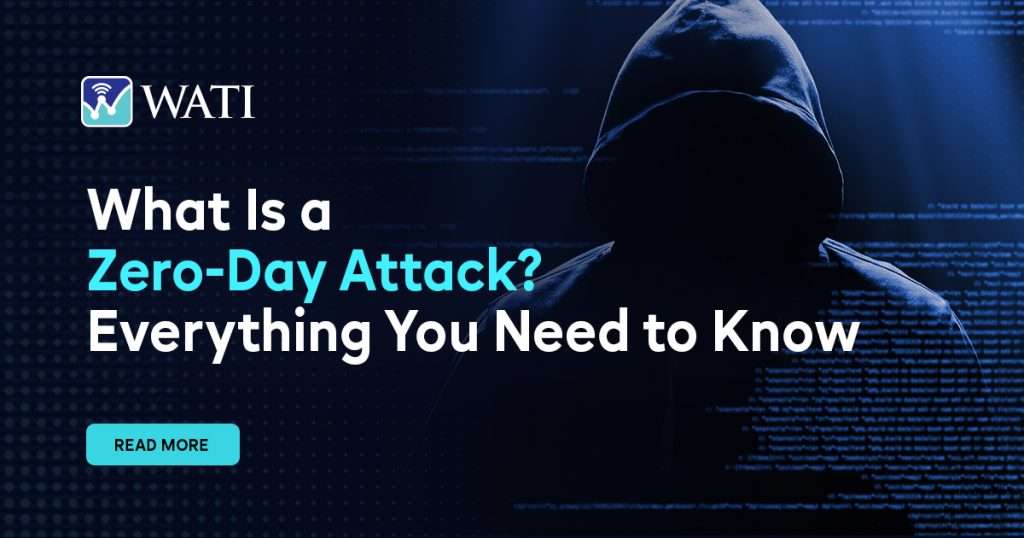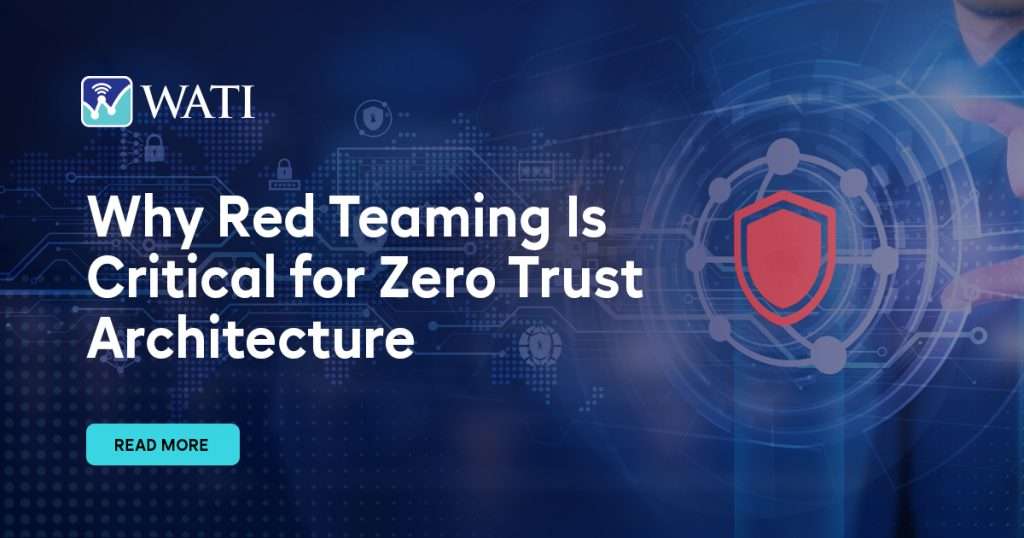Application Security? DevSecOps? Endpoint Security? Network Security? Cloud Security?
Perimeter Security? Security Certifications? Threat Hunting? Security Event Analytics?
Ironing out security can be very daunting at first. Where do you start?
Should I be worried beyond my application to assure security to our clients?
How best to allocate finite resources to tackle the seemingly endless list of potential exploits?
These questions are unfortunately ignored by some SaaS companies. A secure SaaS product is essential for customers to build up trust in you and your product, and to foster an ecosystem in which customers feel safe and comfortable. Insufficient security poses a dangerous threat, especially for small and mid-sized SaaS companies. Data breaches have unfortunately become an daily event, and many people even in the technology industry have become desensitized to news of more cyber attacks.
In addition to the security of your application and your customers’ data, SaaS companies are also responsible for the security of external APIs, cloud infrastructure, and numerous other components with potential vulnerabilities. The ever-expanding volume of technology assets into an organization brings with it a steadily more complex security issue that needs to be resolved. Aspects such as size, complexity, and regulatory requirements are only a piece of the security puzzle.
Most organizations have implemented some semblance of a proper security system, with basics such as firewalls, antivirus software, intrusion detection and prevention systems (IDS/IPS), and security event management systems (SIEM). Unfortunately, even when all of these are optimally configured, they can only guarantee partial protection at best.
Security is a complex, multi-faceted problem that involves a ground up approach to successfully tackle. Secure coding and architecture practices, red teams, bug bounties, DevSecOps, threat hunting, security certifications, the list goes on. Despite it’s daunting complexity, it’s essential in the modern world, where cyber attacks occur daily. All of this probably seems overwhelming, especially for a SaaS company with limited resources. Yet, it is absolutely necessary. Fortunately, we can guide you through the complexity and confusion to help you get started.
At WATI, we have years of experience working with technology companies at varying levels of cyber maturity. We found that SaaS companies in the initial stages of defining their cybersecurity roadmap benefit with the following kick-starters:
- Cybersecurity Bootcamps:From the many bootcamps we conducted, and the glowing feedback received from the participants, it is evident that 1-day and 2-day bootcamps go a long way to help develop the proper security mindset. Topics for the bootcamps can range from absolute basics, setup maturity roadmaps, all the way to advanced preparedness.
At WATI, we work with you to develop training/bootcamps for your teams, to be in line with your security journey goals. We conduct bootcamps exclusively for your team, either at your offices or virtually with live coaches. - Vulnerability Assessment & Penetration Testing (VAPT):
When it comes to bang for your buck, nothing comes close to VAPT in terms of how much you can discover about your own systems’ security integrity. Performed over a few days/weeks, VAPT provides deeper insights into the vulnerabilities of your systems (applications, datastores, endpoints, networks, devices, servers, cloud, etc.) and provides recommendations for remediation. With the criticality of the vulnerabilities known, it becomes easy to define priorities in the security journey. Most SaaS companies begin with a mindset of doing VAPT once a year, but after recognizing its value, quickly move on to more frequent VAPT cycles (monthly/quarterly). This is especially relevant for SaaS companies as frequent new releases is the norm. At WATI, our VAPT engagements deliver a comprehensive report for each asset covered in the scope. The report will include in-depth details for all the identified vulnerabilities, including the severity of the vulnerabilities and our recommended steps to fix those vulnerabilities. Our VAPT services can be performed from your offices or remotely from our cyber Center of Excellence (Cyber CoE).

WATI, an ISO-27001 company, offers Cybersecurity services including VAPT, Managed Services, Risk & Compliance Services, Advisory Services, and Training. SaaS and technology vendors are a focus group for WATI’s Cybersecurity audits. WATI’s Cybersecurity team comprise of experts certified in one or more of CISSP, CISA, CISM, GWAPT, CHFI, CEH, OSCP, CPTE, CWNA, CompTIA Security+.



